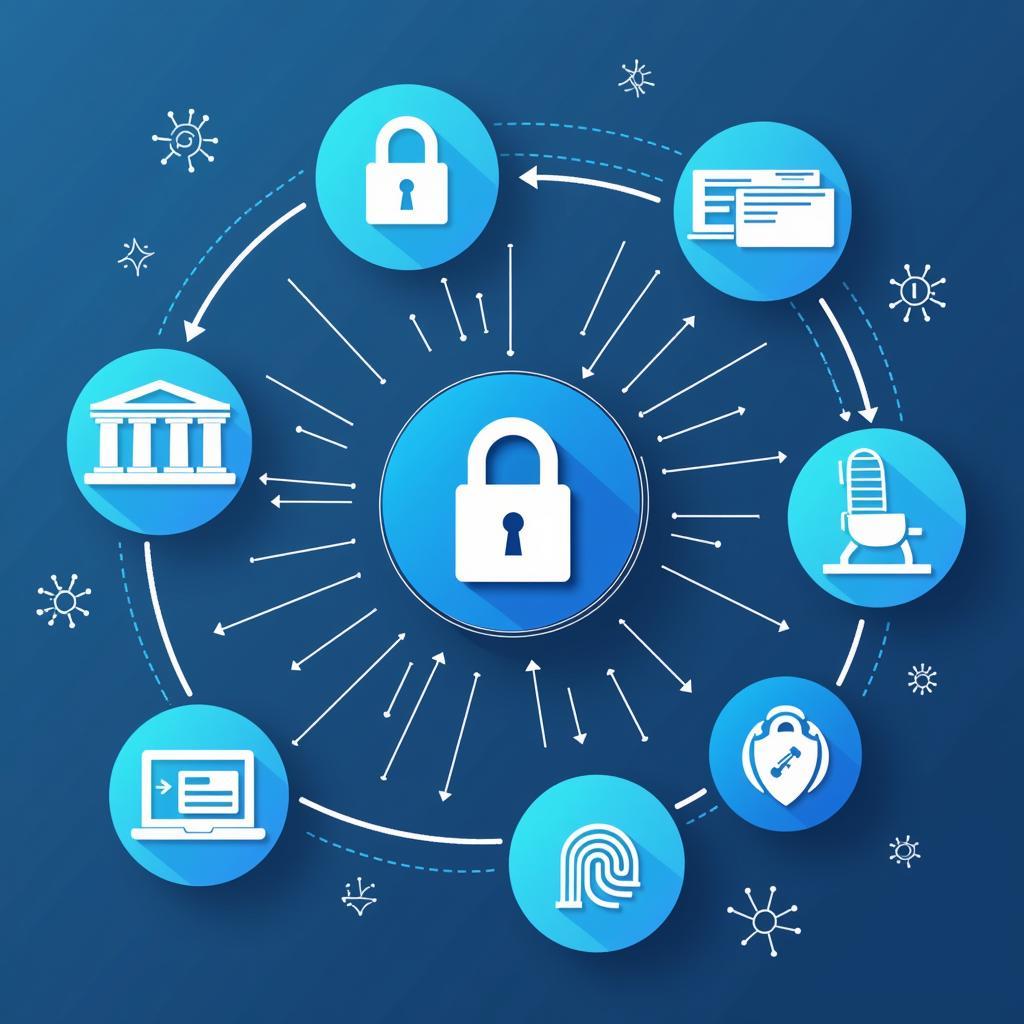The topic of financial technology and banking efficiency has become increasingly prevalent in IELTS Writing Task 2 examinations. Based on analysis of past exam questions, this theme has appeared multiple times in various forms, particularly in advantages/disadvantages and discussion essays. Let’s explore one common question type that frequently appears in actual IELTS tests.
Task Analysis and Question
Some people believe that financial technology innovations have made banking services more efficient and convenient. Others argue that these changes have created new problems and risks. Discuss both views and give your opinion.
This question requires candidates to:
- Examine both positive and negative aspects of fintech in banking
- Present balanced arguments
- Express and justify a personal view
- Provide relevant examples and support
Band 8.5 Sample Essay
As how fintech companies transform wealth management continues to evolve, the debate over its impact on banking services has intensified. While I acknowledge the concerns about potential risks, I firmly believe that the benefits of financial technology significantly outweigh its drawbacks.
Financial technology has revolutionized banking operations in several beneficial ways. Firstly, mobile banking apps and digital wallets have eliminated the need for physical branch visits, allowing customers to conduct transactions instantly from anywhere. Furthermore, artificial intelligence and machine learning algorithms have enhanced fraud detection and risk assessment capabilities, making banking services more secure and reliable. These innovations have also reduced operational costs for banks, leading to more competitive service fees for customers.
However, critics raise valid concerns about the challenges posed by fintech innovations. The impact of blockchain on transaction processing has introduced new cybersecurity risks, making banks vulnerable to sophisticated cyber attacks. Additionally, the digital divide may exclude elderly or less tech-savvy individuals from accessing essential banking services. There are also concerns about data privacy and the potential misuse of personal financial information.
Despite these challenges, I believe the advantages of fintech innovations are more significant. The efficiency gains in terms of time and cost savings are substantial, and the continuous improvement in security measures helps address many initial concerns. Moreover, as how digital transformation disrupts traditional industries shows, banks are actively working to make their digital services more inclusive and user-friendly.
In conclusion, while fintech innovations present certain challenges, their positive impact on banking efficiency and customer convenience is undeniable. The key lies in maintaining a balance between innovation and security while ensuring inclusive access to digital banking services.

Band 6.5 Sample Essay
Nowadays, many people use fintech services for banking. This essay will discuss the good and bad points of this technology and give my opinion.
On the positive side, fintech makes banking easier. People can use their phones to send money and pay bills without going to the bank. Also, banks can work faster and make fewer mistakes because computers do most of the work. This saves time and money for everyone.
However, there are some problems too. Some people worry about hackers stealing their money online. Old people sometimes find it hard to use new technology and need help. Also, when the internet is not working, people cannot access their money.
I think fintech is mostly good for banking. Even though there are some problems, the benefits are bigger. Banks should help people learn how to use new technology safely and provide support when needed.
In conclusion, while fintech has some risks, it has made banking better and more efficient. Banks should continue to improve their technology while helping customers use it safely.
Key Vocabulary
- Fintech (n) /ˈfɪnˌtɛk/ – Financial technology
- Cybersecurity (n) /ˌsaɪbəsɪˈkjʊərəti/ – Security of computer systems
- Digital divide (n) /ˈdɪdʒɪtəl dɪˈvaɪd/ – Gap between those with and without digital access
- Innovation (n) /ˌɪnəˈveɪʃən/ – New method or idea
- Efficiency (n) /ɪˈfɪʃənsi/ – State of being productive with minimum waste
- Vulnerable (adj) /ˈvʌlnərəbəl/ – Exposed to risk
- Algorithm (n) /ˈælɡərɪðəm/ – Set of rules for solving problems
- Authentication (n) /ɔːˌθentɪˈkeɪʃən/ – Process of verifying identity
For practice, try writing your own essay on this topic and share it in the comments section. Consider these alternative questions:
- How has mobile banking changed the way people manage their money?
- Should governments regulate fintech companies more strictly?
- What role will artificial intelligence play in future banking services?